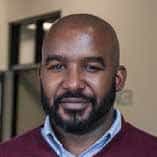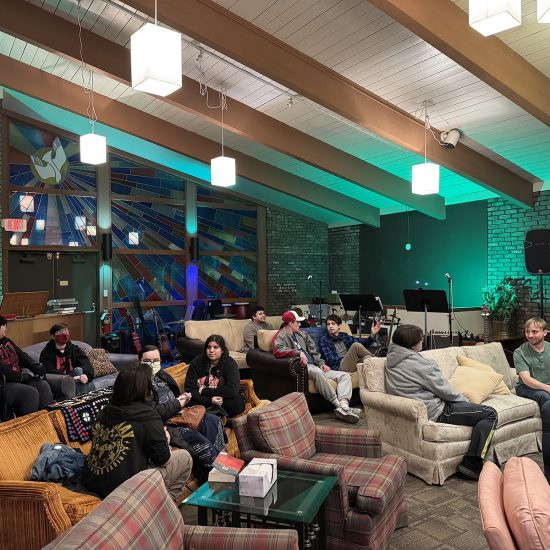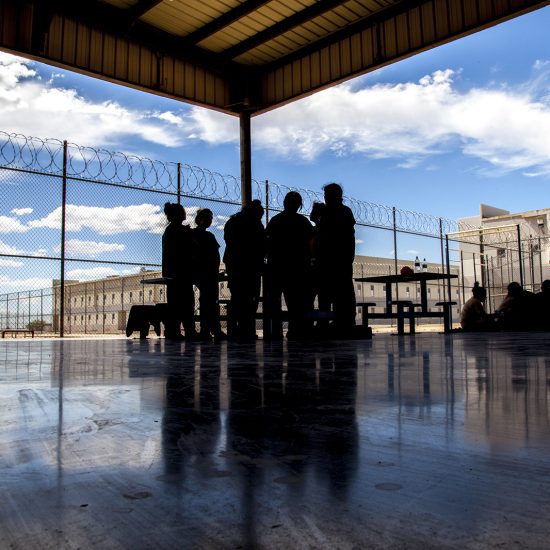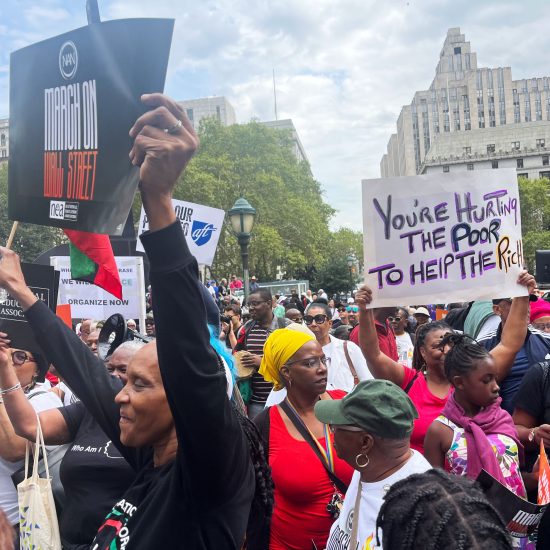

Image by Gerd Altmann from Pixabay
As much as we may wish it was not true, the world — and by default, our lives — are filled with circumstances we prefer not to be involved in. We regularly interact with, and answer to, people who do not think, feel, or believe like us on any given subject. We regularly interact with people who think and act completely different from us. These people are not ashamed for the fact that they think and act differently than us.

Terrell Carter
When we interact with people like this, we may view them as an enemy and that they are just trying to be difficult people to make our lives hard, but that may not be the case. They may hold to a position opposite us by choice or by default due to a series of unique life experiences that shaped them in the past. Their opposite thinking does not make them bad people.
Life is made interesting by more than just people. Life regularly throws all of us curveballs that we would never expect or anticipate. We were recently reminded of this fact by the appearance and spread of COVID-19 and how it turned so many lives upside down.
In God’s sovereignty, God has created a world where we have the privilege of interacting with diverse people with diverse experiences and experiencing diverse circumstances. This is another difficult reality of God’s sovereignty. These relationships with people who are different from us and experiences that we would never anticipate are not always bad things.
They may seem like an inconvenience for us, but sometimes these relationships and experiences can serve the greater purpose of God’s will being done in the world. This is what I think is the point of Daniel 1:17-21, the conclusion of the first movement of the book of Daniel.
While Daniel and his friends were experiencing the turmoil of living in exile, they had the opportunity to participate in the wonders and indulgences of King Nebuchadnezzar’s royal court. All that the king offered them stood in opposition to their faith and commitment to God.
Although they had the opportunity to experience pleasure and prestige, they did not let these opportunities change them. They lived into the opportunity to become a part of Nebuchadnezzar’s royal court while not living into the temptation to let the one true God be pushed out of their hearts and minds.
For them, and I think us, experiencing people and living into circumstances that may stretch our faith does not automatically equal turning our backs on God. Experiencing a different side of life may serve as the bridge that allows us to cross over into whatever greater work God has for us, including providing us with a powerful opportunity to show others the reality of God’s love for all people.
Daniel and his friends never lost faith in God’s sovereignty even though their lives did not turn out as they had expected. Daniel and his friends lived in a land that was not their own, served in a government that had overtaken theirs, and were expected to wholeheartedly buy into a new culture.
Although most of us will never experience anything as extreme in our lives, we can still experience the encouragement the author of Daniel likely hoped readers would have. We can remember God’s sovereignty from generation to generation and be encouraged to trust in God’s continual sovereignty and embrace God’s sovereignty as our ongoing hope.






